 The proclamation of the inaugurated Kingdom of God is expressed through Holy Spirit community. Following the Resurrection of Jesus, God’s Spirit creates a brand new community of all people, all nations, all languages, all brought to perfect unity under the Lordship of the Messiah. On the Day of Pentecost, Peter quotes the prophet Joel:
The proclamation of the inaugurated Kingdom of God is expressed through Holy Spirit community. Following the Resurrection of Jesus, God’s Spirit creates a brand new community of all people, all nations, all languages, all brought to perfect unity under the Lordship of the Messiah. On the Day of Pentecost, Peter quotes the prophet Joel:
“I will pour out my Spirit on all people… Everyone who calls on the name of the Lord will be saved… Repent and be baptized, every one of you… The promise is for you and your children and for all who are far off — for all whom the Lord our God will call.” ~Acts 2:17-39
The Holy Spirit breaks down barriers between people, he destroys the walls between all people and brings us together in Christ.
“Now in Christ Jesus you who once were far away have been brought near through the blood of Christ. For he himself is our peace… [he] has destroyed the barrier, the dividing wall of hostility… his purpose was to create in himself one new man out of the two, thus making peace, and in this one body to reconcile both of them to God through the cross, by which he put to death their hostility. He came and preached peace to you who were far away and peace to those who were near. For through him we both have access to the Father by one Spirit. Consequently, you are no longer foreigners and aliens, but fellow citizens with God’s people and members of God’s household.” ~Ephesians 2:13-18
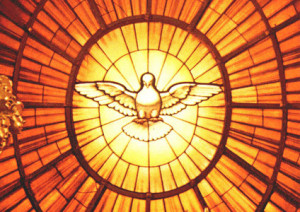 The Berlin wall was erected by the Soviets to separate East and West Berlin. In Bethlehem today, there’s a 27-foot wall that divides the Palestinians from the Israelis. We know all about dividing walls. Not all of them are physical. There are social and racial barriers. There are gender and economic walls. We’re divided by language and ethnicity and education and politics. But the blood of Jesus brings all of us together and the Spirit of God holds us together so that our unity in diversity becomes an unmistakable testimony to the true Prince of Peace!
The Berlin wall was erected by the Soviets to separate East and West Berlin. In Bethlehem today, there’s a 27-foot wall that divides the Palestinians from the Israelis. We know all about dividing walls. Not all of them are physical. There are social and racial barriers. There are gender and economic walls. We’re divided by language and ethnicity and education and politics. But the blood of Jesus brings all of us together and the Spirit of God holds us together so that our unity in diversity becomes an unmistakable testimony to the true Prince of Peace!
We have to practice this tearing down of walls, we have to be committed to demolishing the things that separate us. We must do the very, very, very hard work of reconciliation because it is such a vital component to the Christian witness.
Peter slipped up in Antioch. He was under some social pressures there and he stopped eating with Gentiles. He wouldn’t associate with them in public. And Paul called him on it. He told Peter he wasn’t acting “in line with the truth of the Gospel.”
“You are all children of God through faith in Christ Jesus, for all of you who were baptized into Christ have clothed yourselves with Christ. There is neither Jew nor Greek, slave nor free, male nor female, for you are all one in Christ Jesus.” ~Galatians 3:26-28
If these barriers have been set aside by Christ — the walls between Jew and Gentile, slave and free, men and women — if these distinctions have been abolished at the cross, then what other barrier can be justified? If God does not show favoritism, if all people are created by God in the holy image of God, if God’s great purpose and goal is unity in his Son, if we are to love even our enemies, if Jesus took the hostility into himself to destroy it forever, on what grounds can we justify keeping in place any barriers?!?
Peace,
Allan
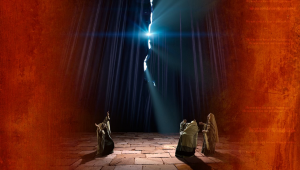
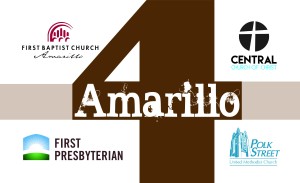
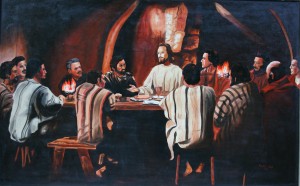

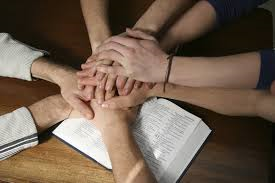
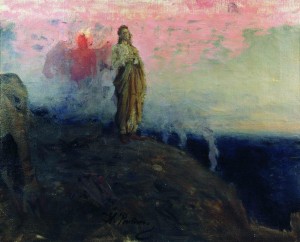

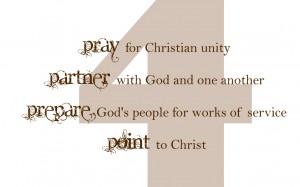
Recent Comments